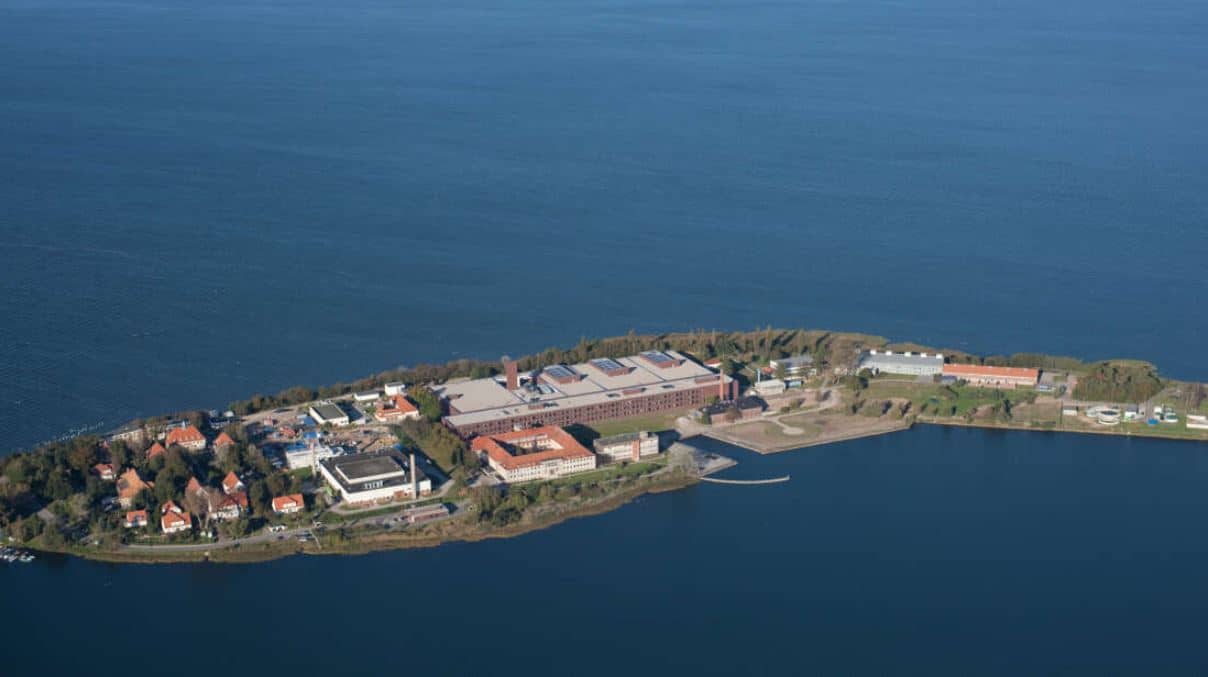“Plague Island” or “Plague Island” is an island located off the northern German coast, near the town of Greifswald. It is in fact the island of Riems where the Friedrich Loeffler Institute (FLI) is located.
The FLI in Riems is one of 59 laboratories with biosafety level 4 worldwide, which are authorized to carry out experiments on the most dangerous pathogens known to science. The FLI is all the more important among these laboratories as it is among those authorized to carry out large-scale studies on animals, and especially to handle zoonotic diseases which can be transmitted from one species to another.
–
The aim of the experiments carried out at the FLI is to understand the origin of diseases and the factors influencing their spread, and above all to find ways of preventing them. Apart from the FLI in Riems, only two other laboratories can carry out this kind of research. One is in Winnipeg, Canada, and the other is in Geelong, Australia.
Very strict safety devices
“Plague Island” is placed under high security and its access is strictly forbidden to the public. For certain high-risk areas, very strict control is imposed on researchers, in this case the obligation to change clothes and go under a disinfectant shower before entering or leaving.
Other safety measures are also applied inside high-risk buildings such as wearing a full HAZMAT protective suit inflated with filtered air. Buildings are also kept under negative pressure to ensure that air circulates inside. The air and water leaving the buildings pass through an intense filtration and sterilization system.
A research laboratory specializing in deadly pathogens
The FLI Research Institute was established by Friedrich Loeffler on the island of Riems in 1910. Initially, the institute was dedicated to research into foot-and-mouth disease, a viral disease that affects livestock, and other animals. livestock such as pigs, goats, or sheep. The FLI is one of the oldest virology research laboratories of its kind.
Later, the institute also became a center for the study of deadly diseases affecting both animals and human beings. Studies include African swine fever, Ebola virus, Rift Valley fever, Nipah virus, Yersinia pestis, and more recently the Covid-19 virus. Moreover, in the context of the Covid-19 pandemic, the president of the FLI, Professor Thomas C Mettenleiter, led a group of experts set up to reduce the risk of pandemics. This group works on expanding knowledge about the factors influencing the spread of pathogens from animals to humans.
SOURCE: IFLScience
–


